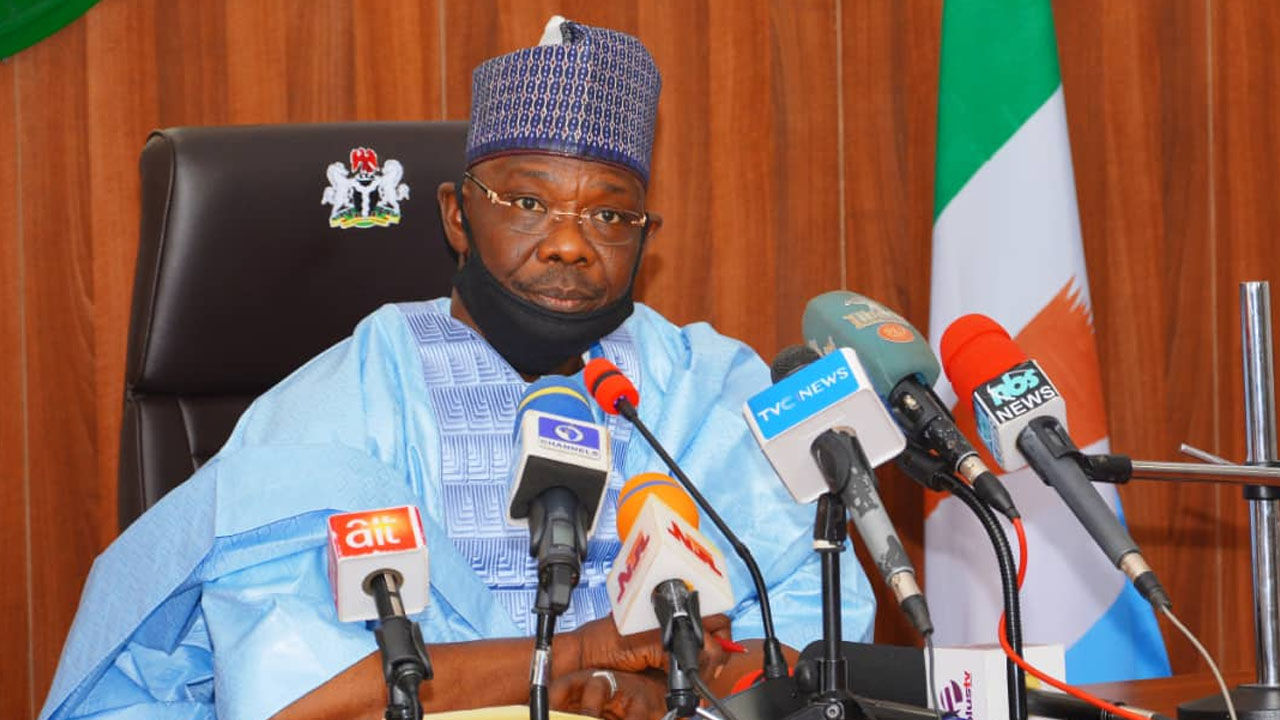Nasarawa guber dispute: Appeal Court delivers judgement Thursday
The Appeal Court sitting in Abuja has fixed Thursday for judgement in the Nasarawa State governorship election dispute. Governor Abdullahi Sule of the All Progressives Congress (APC) had filed an appeal against the verdict of the tribunal, which sacked him and declared David Ombugadu of the Peoples Democratic Party (PDP) as the winner of the […]

The Appeal Court sitting in Abuja has fixed Thursday for judgement in the Nasarawa State governorship election dispute.
Governor Abdullahi Sule of the All Progressives Congress (APC) had filed an appeal against the verdict of the tribunal, which sacked him and declared David Ombugadu of the Peoples Democratic Party (PDP) as the winner of the election.
The Independent National Electoral Commission (INEC) had declared Sule the winner of the governorship election, but Ombugadu headed for the court.
According to INEC, Sule polled a total of 347,209 votes to defeat his closest opponent, who secured 283,016 votes.
Abducted NYSC members: A/Ibom stakeholders seek Tinubu’s intervention
Rep to marry off 100 orphans in Kebbi
In a split decision on October 2, the tribunal nullified Sule’s election and upheld Ombugadu as the winner.
However, Sule, through his counsel, Wole Olanipekun (SAN), asked the appellate court to upturn the judgement of the tribunal and allow his own appeal.
Olanipekun argued that the tribunal refused to take the submissions of their witnesses during the tribunal hearing, adding that the BVAS data were merely dumped before the tribunal without being considered as evidence.
In his response, after adopting his processes, Kanu Agabi, counsel to Ombugadu and the PDP, urged the court to dismiss the appeal against the tribunal judgement, stating that their evidence is merely documentary.
On the issue of BVAS, Agabi argued that it was sufficiently demonstrated in the tribunal as demanded by law, with the printout from the machine shown, against the argument that they were merely dumped without being analysed.
Agabi, who referred the court to the judgement of the tribunal, argued that in delivering judgement, the lower court painstakingly gave a breakdown of how it arrived at its decision.
The appeal court had reserved judgment.
